Tag: advocacy news
From bedside to Brussels: hematology at the forefront of EU health policy
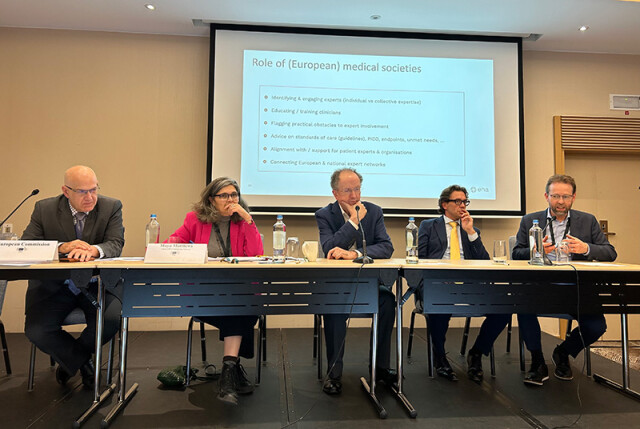
EHA's experts are currently front and center in several important EU initiatives that will help improve conditions for, and patient access to, innovation in hematology.
Addressing immunoglobulin shortages: EHA and EBA’s strategic recommendations at …

In recent years, shortages of immunoglobulins (Ig) have become a growing concern in the European Union (EU).
EHA mapping of adolescent and young adult (AYA) hematology patient care

EHA has launched a major consultation to understand patient care for Adolescents and Young Adults (AYA) with hematological diagnoses across Europe.
Urgent action needed to avoid widespread shortage of in-vitro diagnostic tests
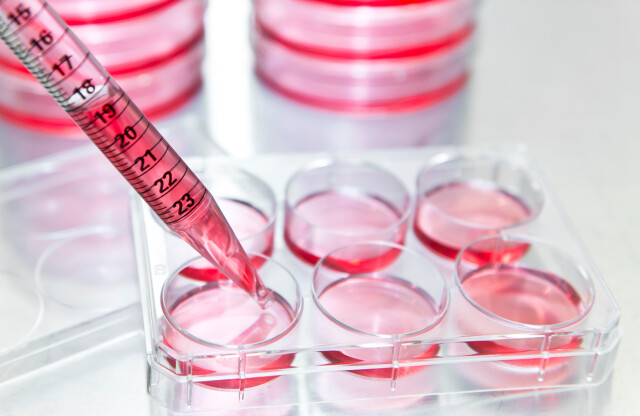
In a new statement, BioMed Alliance highlights its increasing concern about the availability of In Vitro Diagnostic (IVD) testing devices in Europe.
EHA welcomes European Parliament backing for SoHO legislation
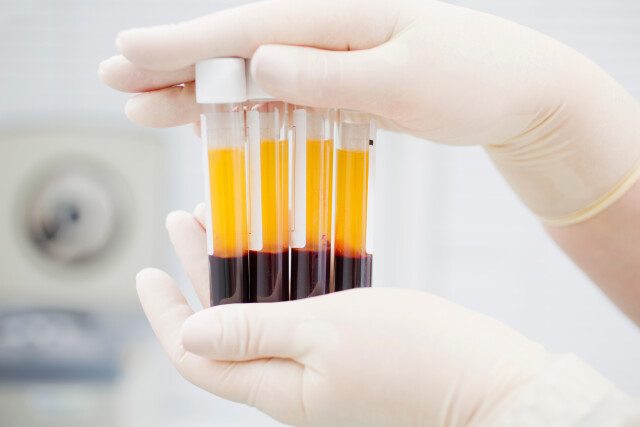
EHA welcomes the European Parliament’s backing for SoHO legislation that puts patient safety and supply sustainability first.
Strengthening Resilience and Fostering Collaboration: Ensuring a Transparent and…
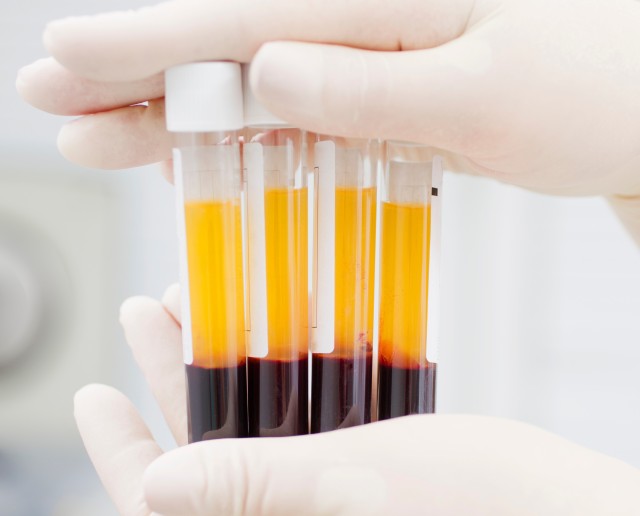
The issue of immunoglobulin shortages and the importance of enhancing and maintaining plasma supplies have gained significant attention within the policy and regulatory landscape of the European Union.
More than science: the European Affairs program at EHA2023

The ‘EU & Hematology track’ and other European Affairs activities at EHA2023 shed light on important regulatory developments and offer a platform for dialogue between hematologists, patients and other stakeholders.
Immunoglobulin shortages in the spotlight: EMA, SUPPLY and the SoHO Regulation
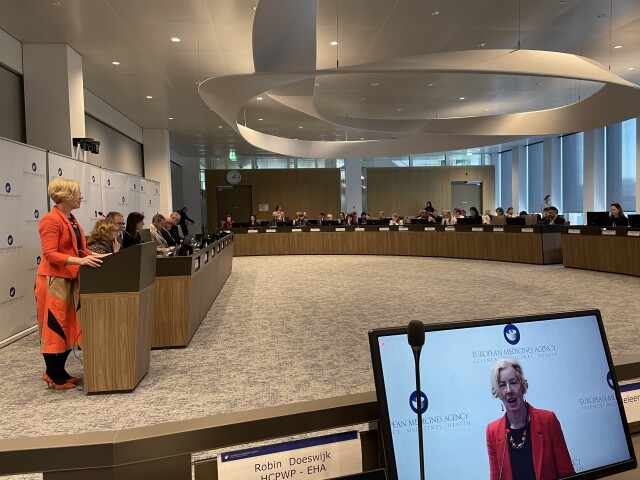
EMA executive director Emer Cooke welcoming participants including EHA at the Shortages Workshop, March 1 Shortages of immunoglobulins and the need to increase and sustain plasma supplies have moved to the…
EHA supports the proposal for a Regulation on the European Health Data Space (EH…

On October 20, the European Hematology Association (EHA) joined a group of 35 stakeholders in welcoming the European Commission’s proposal on the European Health Data Space.
EHA to the European Commission and HTA leaders: work with medical societies to i…
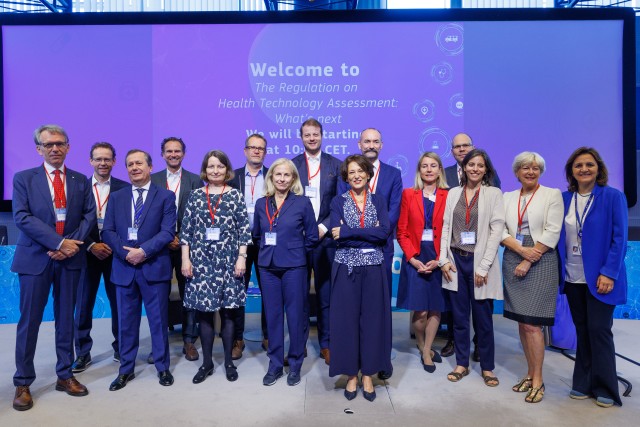
The speakers of the HTA conference hosted by the European Commission.
EU funding approved for TOLERATE
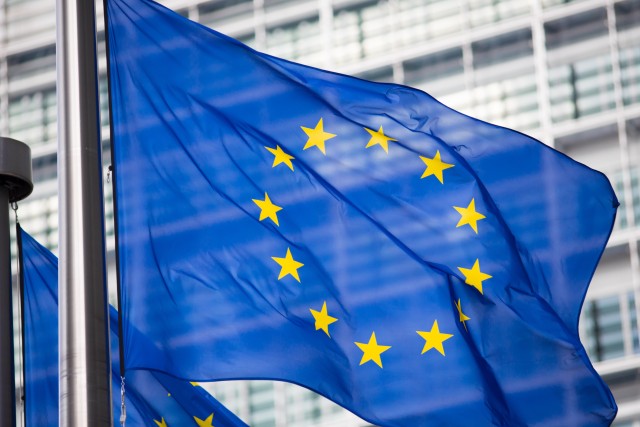
On April 1, the European Commission approved funding for the TOLERATE training network, proposed by a KU Leuven-led consortium including EHA.
EU pilot on drug repurposing

Drug repurposing (finding new indications for existing authorized medicines) is increasingly prominent in the debate about improving access to medicines.
EU Calls for Proposal 2022

Introduction Spurred by COVID-19 and rising challenges to the financial sustainability of Europe’s health systems, a flurry of new EU policies and programs in health has sprung up since last year.…
EU Calls for proposal 2021

Spurred by COVID-19 and rising challenges to the financial sustainability of Europe’s health systems, a flurry of new EU policies and programs in health has sprung up since last year. Some of the most eye-catching initiatives are highly relevant for hematology: the Europe’s Beating Cancer Plan, the Pharmaceutical Strategy and the European Health Data Space.
EHA has joined the European Cancer Organisation - a perfect match on objectives …
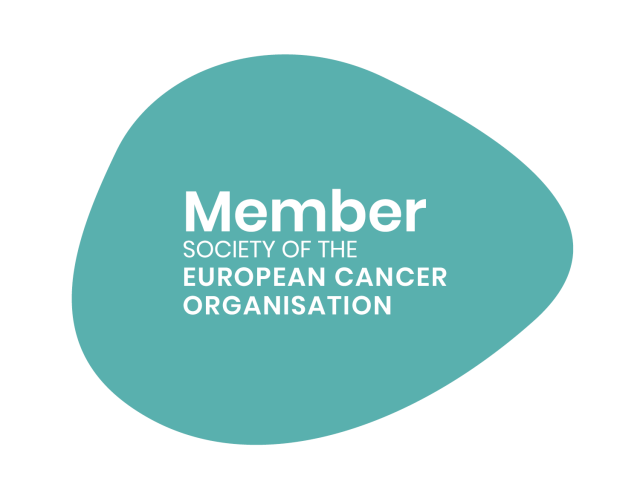
The European Hematology Association (EHA) has joined the European Cancer Organisation, a not-for-profit federation of organizations working in cancer at the European level. EHA’s membership application was approved by the General Assembly of the European Cancer Organisation on November 18, 2020.


